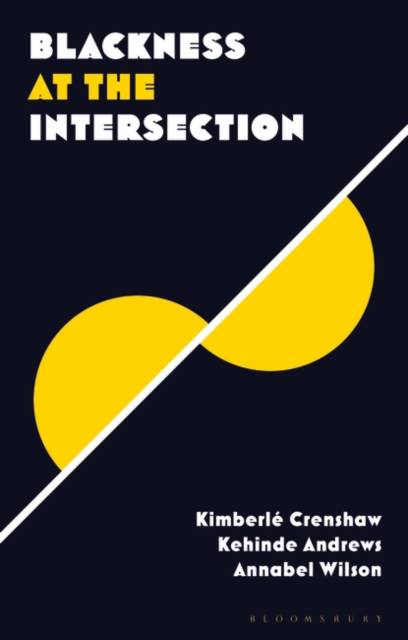
- Afhalen na 1 uur in een winkel met voorraad
- Gratis thuislevering in België vanaf € 30
- Ruim aanbod met 7 miljoen producten
- Afhalen na 1 uur in een winkel met voorraad
- Gratis thuislevering in België vanaf € 30
- Ruim aanbod met 7 miljoen producten
Zoeken
Omschrijving
A ground-breaking collection applying Crenshaw's concept of intersectionality to the black diasporic experience in Britain.
In the 1980s, Professor Kimberlé Crenshaw first coined the term 'intersectionality'. Since then, the concept has spread across national and disciplinary boundaries, and has had a transformative impact on the way in which we understand identity and the experience of discrimination. But outside the US, the application of intersectional theory has largely been disconnected from any analysis of 'Blackness', despite intersectionality's origins in critical race theory (CRT). Curated by Crenshaw, Andrews and Wilson as well as several of the leading scholars of CRT, this collection bridges that gap, and is the first to apply both these concepts to contexts outside the US. Focusing on Blackness in Britain, the contributors examine how scholars and activists are employing intersectionality to foreground Black British experiences. Its essays encompass key issues such as gender and Black womanhood, issues of representation within contemporary British culture, and the position of Black Britons within institutions such as the family, education and health. The book also looks to the role intersectionality can play in shaping future political activism, and in forging links beyond 'Blackness' to other social movements.Specificaties
Betrokkenen
- Uitgeverij:
Inhoud
- Aantal bladzijden:
- 256
- Taal:
- Engels
- Reeks:
Eigenschappen
- Productcode (EAN):
- 9781786998644
- Verschijningsdatum:
- 22/02/2024
- Uitvoering:
- Hardcover
- Formaat:
- Genaaid
- Afmetingen:
- 140 mm x 216 mm
- Gewicht:
- 435 g

Alleen bij Standaard Boekhandel
+ 322 punten op je klantenkaart van Standaard Boekhandel
Beoordelingen
We publiceren alleen reviews die voldoen aan de voorwaarden voor reviews. Bekijk onze voorwaarden voor reviews.






